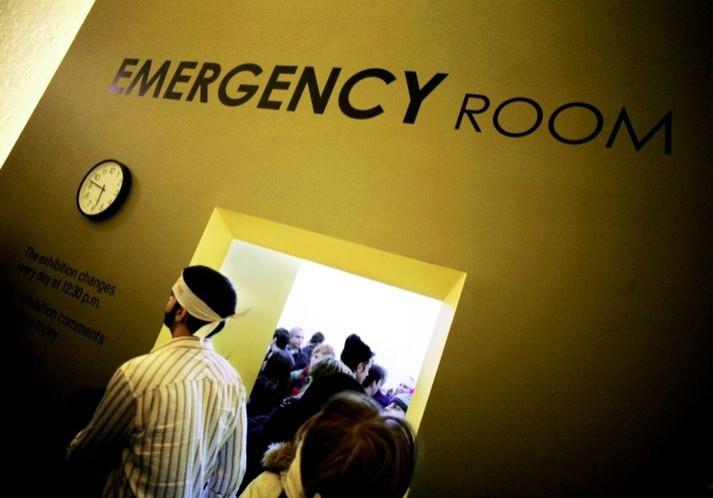Millions Of Poor Americans Fall Into Medicaid 'Coverage Gap,' As States Limit Eligibility To Those In Severe Poverty

From state to state, the quality and course of life in America varies greatly on a number of issues, such as taxes and gun control, the death penalty and life expectancy, as well as access to medical care.
As the federal Medicaid program expands as part of the Affordable Care Act of 2010, poorer Americans in 21 states may soon fall into a “coverage gap” whereby impoverished residents do not qualify for federal insurance nor the tax credits intended to help them purchase private insurance on the open market. Some 5.5 million Americans may soon find themselves within this gap, according to analysts.
Presently, 23 states are expanding Medicaid for low-income parents and childless adults next year under the new federal health care law, while 21 states have declined to participate in the expansion. The remaining half-dozen states are still debating the issue, even though enrollment for online health care exchanges opens soon in October for coverage beginning in January.
As before, these Americans will continue to lack primary health care, making costly use of emergency rooms out of lack of preventive health interventions. The Seattle Times reports that Erika Neal, of St. Louis, Mo., is one such American. Recently stripped of most of her salary and her employer-provided health insurance from non-profit museum, Neal continues to work full-time but relies on an emergency state program to pay for quarterly tests following the removal of a rare form of ovarian cancer.
As an adult with no children, Neal won’t qualify for Medicaid and fears she may someday die for lack of medical care.
“I’m always praying, but in 2014, my prayers will be ever more fervent,” Neal told The Seattle Times. “If the cancer comes back and it’s not detected, it’ll kill me. Most ovarian cancers, by the time you find out you have it, you just need to plan your funeral.”
Although a recurrence of Neal’s cancer may be detected by tests, she won’t be able to afford them without health insurance. Ellen Kugler, executive director of the National Association of Urban Hospitals, says uninsured patients such as Neal will continue to visit emergency rooms for care.
“If they fail to get an insurance card and don’t have ongoing adequate coverage, that’s how they’re going to continue to get care, in the most expensive, least efficient, least helpful way that they can,” Kugler said.
Such coverage gaps for Neal and another 5.5 million Americans are an unintended consequence of compromises on federal health insurance, particularly last year’s U.S. Supreme Court ruling that upheld the Affordable Care Act but permitted states to opt out. Were states required to expand Medicaid under the law as originally intended, as many as 22.3 million Americans would have gained coverage by 2014, according to the Urban Institute, a non-partisan think tank.
In most U.S. states, Medicaid and other emergency health programs remain an option for the most impoverished of residents, leaving those merely hovering at the poverty level in limbo. The Kaiser Family Foundation says 33 states limit Medicaid eligibility to those with incomes below the poverty level, currently at $19,530 for a family of three. Moreover, 18 of those states limit the program to only the most impoverished of families, such as those living on incomes of half the poverty level.
Published by Medicaldaily.com



























